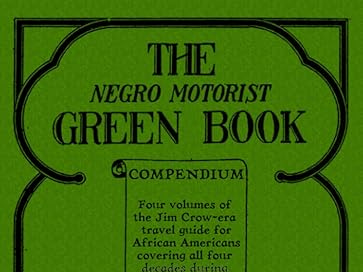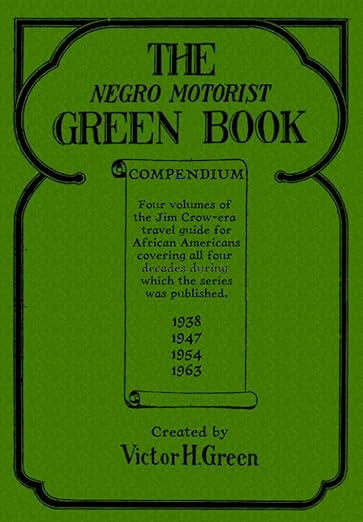Today In Black History: The Negro Motorist Green Book
A Guide for Black Travelers during Jim Crow Segregation
Issue #726 Today In Black History, Monday, September 16, 2024
Did you know that you can listen to each “We Are Speaking” post on the Substack App? Download the app!
Please share and subscribe to help us grow our publication.
If you like us, REALLY like us, please click the “Like” button at the end of this post!
We appreciate your support!
The first edition of "The Negro Motorist Green Book" was published in 1936 by Victor Hugo Green, an African American postal worker from Harlem, New York. Green's guide aimed to provide Black motorists with a semblance of dignity and safety when traveling through a deeply segregated and hostile America.
The Green Book became an invaluable resource for African American travelers, listing hotels, restaurants, gas stations, and other businesses that welcomed Black patrons. During a time when "sundown towns" (municipalities that banned African Americans from being present after sundown) and discriminatory practices were common, the Green Book was more than just a travel guide; it was a lifeline.
For many Black families, a road trip was fraught with risks, including harassment from law enforcement, denial of service at establishments, and the threat of violence.
Green envisioned his guide as a tool that would one day become obsolete as racial equality progressed. He famously wrote, "There will be a day sometime in the near future when this guide will not have to be published. That is when we as a race will have equal opportunities and privileges in the United States."
The Green Book, which was last published in 1966, served the Black motoring public until after the passage of the Civil Rights Act in the 1960s ended legal segregation.
Today, the Green Book is celebrated for its historical significance. It has been the subject of numerous documentaries, books, and even an Academy Award-winning film, "Green Book," which brought its history to a broader audience.
Today In Black History
In 1848, the French abolished slavery in all territories.
In 1915, a treaty designated Haiti as a de facto protectorate of the United States for ten years.
In 1940, President Franklin D. Roosevelt signed the 1st U.S.peacetime draft, the Selective Training & Service Act, which also included drafting African Americans.
In 1971, six Klansman were arrested in connection with the bombing of ten school buses in Pontiac, Michigan.
In 2020, Barbados removed British Queen Elizabeth II as its head of state and became a republic.
Our paid subscribers are encouraged to discuss this post in our W.A.S. Chat Community.
Join Pamela Hilliard Owens’s subscriber chat
Available in the Substack app and on the web
You are also welcome to view “We Are Speaking” in Substack Notes. You can also read other Substack publications without subscribing to them when you join Notes.






